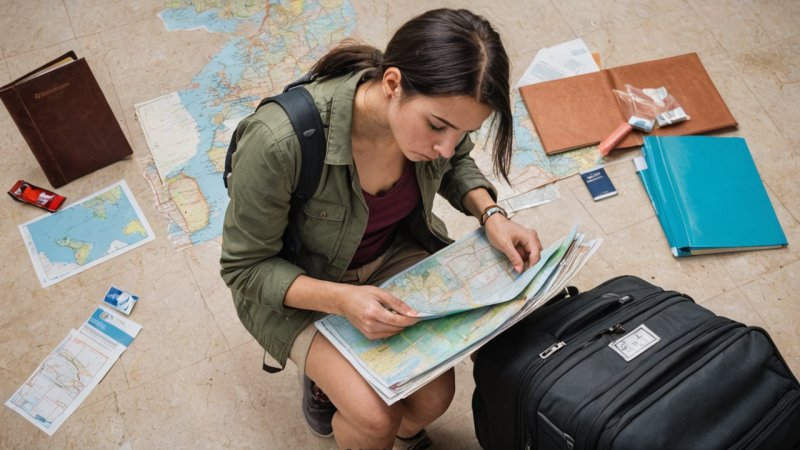Traveling can be one of the most exhilarating experiences in life, but it also comes with its own set of risks. Building a comprehensive safety plan is essential to ensure that your adventures are not only enjoyable but also secure. This guide will walk you through the key points to consider when creating your travel safety plan.
The first step in establishing a safety plan is to conduct thorough research about your destination. Understanding the local laws, customs, and potential health risks can significantly contribute to your safety. Utilize reputable travel guides and government travel advisories to gather information. It’s also wise to stay updated on any travel warnings or alerts before and during your trip.
Next, consider your health and medical needs. Before you depart, consult with a healthcare professional to discuss any necessary vaccinations or medications required for your destination. Ensure that you have health insurance that covers international travel, and bring along a first-aid kit stocked with essential supplies. Document any pre-existing medical conditions and medications you take, as this information may be crucial in case of an emergency.
Another vital aspect of your safety plan is to have an emergency contact list. This list should include the contact information of family or friends back home, as well as the local embassy or consulate of your home country. In case of any unforeseen circumstances, having this information readily available can help you navigate through emergencies more smoothly.
While traveling, be aware of your surroundings and trust your instincts. Avoid displaying valuable items, and consider using anti-theft travel gear. Stay in safe accommodations and always inform someone about your whereabouts. Having a plan in place for communication, such as using messaging apps or international calling options, can also be beneficial in keeping in touch with your loved ones.
Lastly, familiarize yourself with local emergency services. Know the local emergency numbers for police, fire, and medical assistance, as these can differ significantly from your home country. Additionally, if you have any language barriers, you might consider learning a few basic phrases in the local language to help in case of an emergency.
In conclusion, building a safety plan for your travels is not only a wise decision but a necessary step in ensuring a worry-free experience. By conducting thorough research, preparing for health needs, creating an emergency contact list, staying vigilant, and knowing local emergency services, you can significantly enhance your travel safety. Remember, a well-prepared traveler is a confident traveler, enabling you to focus on the adventure ahead.






